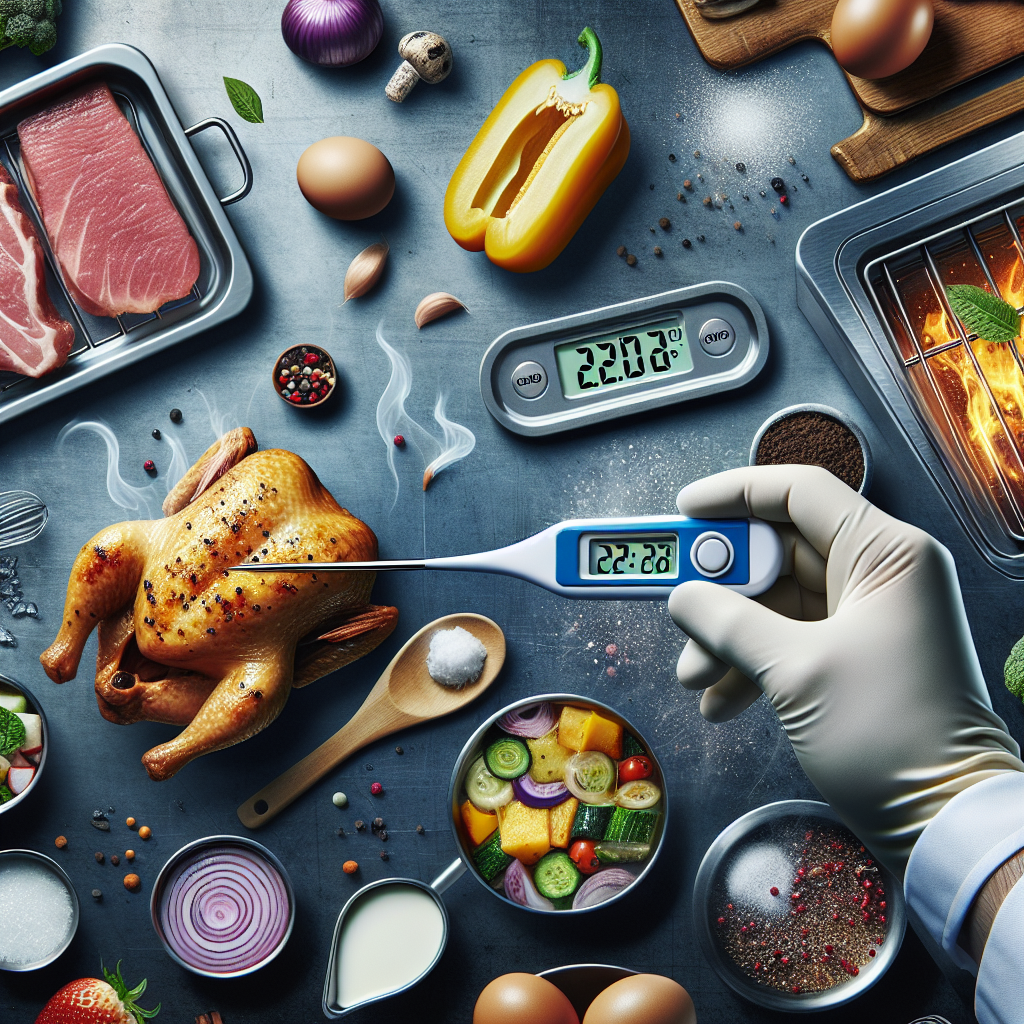Cooking temperatures are especially important when preparing meat, poultry, seafood, and eggs. These types of foods are more prone to contamination by bacteria such as salmonella, E. coli, and listeria. By cooking these foods to the proper temperature, you can effectively destroy these harmful pathogens.
For example, the safe internal cooking temperature for ground beef, pork, and lamb is 160°F (71°C), while poultry should be cooked to 165°F (74°C). Seafood should be cooked to an internal temperature of 145°F (63°C), and eggs should be cooked until the yolks and whites are firm.
It is also important to use a food thermometer to ensure that the food has reached the appropriate temperature. Visual cues, such as the color and texture of the food, are not always reliable indicators of doneness. By using a food thermometer, you can accurately measure the internal temperature of the food and ensure that it is safe to eat.
In addition to killing bacteria and pathogens, cooking food to the proper temperature can also help preserve the nutritional value of the food. Overcooking can lead to a loss of nutrients, while undercooking can leave harmful bacteria alive and well.
In conclusion, cooking temperatures are a critical aspect of food safety. By cooking foods to the proper temperature, you can reduce the risk of foodborne illnesses and ensure that your meals are safe to eat. Using a food thermometer and following recommended cooking temperatures is a simple but effective way to protect yourself and your loved ones from potential foodborne hazards.

